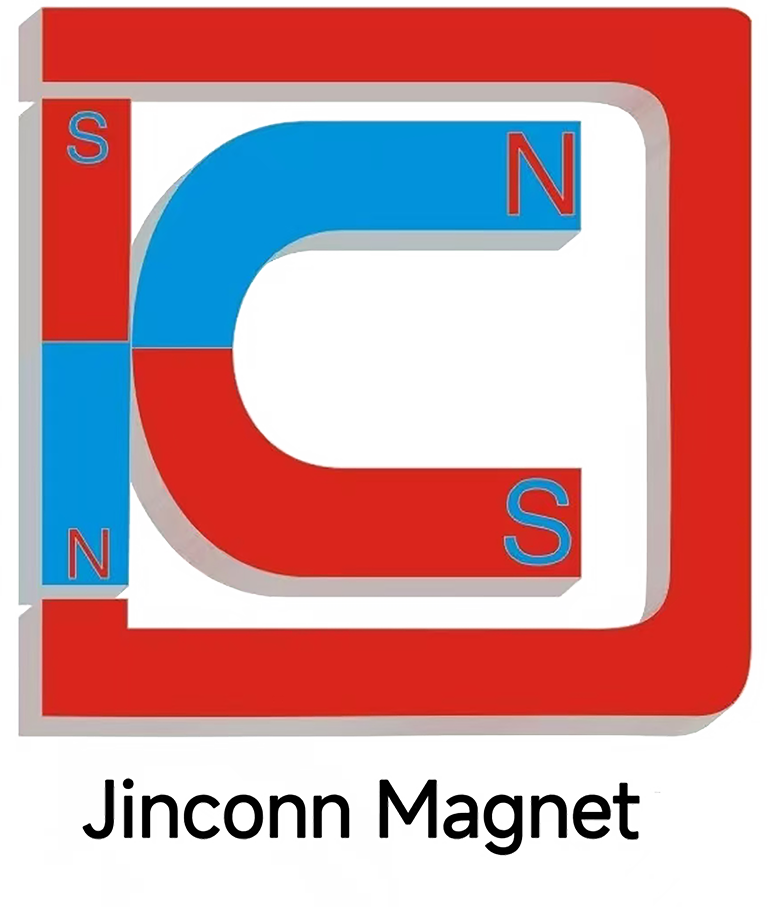The Future of Smart Automation: Magnets Driving Digital Manufacturing Transformation
The Future of Smart Automation: Magnets Driving Digital Manufacturing Transformation
As industrial automation evolves toward smarter and more connected environments, magnets are positioned at the core of next-generation production technologies. High-performance magnets, especially neodymium iron boron and other rare earth permanent magnets, are not only vital for traditional material handling, assembly, and packaging—they now underpin the digital transformation that is reshaping manufacturing worldwide. Their combination of strong magnetic force, high magnetic energy product, and support for customizable magnet solutions is setting new standards in intelligent production lines.
The future of smart automation relies heavily on flexible, sensor-integrated solutions. Magnets with customizable properties—size, shape, strength, and coating—can be seamlessly embedded in robotic arms, conveyor systems, and automated inspection stations, enabling real-time feedback and adaptive control. These advancements are particularly significant as manufacturers embrace Industry 4.0, where high-performance magnets interact with data-driven software and smart sensors to optimize workflows, increase throughput, and minimize downtime. Neodymium iron boron magnets, with their unparalleled magnetic energy product, are preferred for applications requiring both power and compactness.
One area of rapid development is the integration of magnets with advanced sensors and the Industrial Internet of Things (IIoT). In smart factories, rare earth permanent magnets enable the precise actuation and positioning of equipment, while embedded sensors provide critical data for monitoring performance and predicting maintenance needs. Customizable magnet solutions ensure compatibility with various automation platforms and are key to supporting flexible manufacturing strategies—whether for batch production, rapid prototyping, or fully autonomous lines.
The use of high-performance magnets also facilitates safe human-machine collaboration by powering non-contact actuators and magnetic safety switches. This reduces mechanical complexity and helps prevent workplace injuries, further boosting operational efficiency. As automation systems become more modular, customizable magnets make it easier to reconfigure equipment for new products or processes, ensuring a competitive edge in fast-changing markets.
Looking forward, the ongoing innovation in magnet technology will drive the expansion of intelligent automation and digital manufacturing. Rare earth permanent magnets, especially neodymium iron boron, will remain at the heart of smart production systems, delivering strong magnetic force and high magnetic energy product where it matters most. Customizable magnet solutions will continue to empower manufacturers to design agile, resilient, and efficient production environments capable of meeting the challenges of tomorrow’s industrial landscape.
In conclusion, the future of smart automation depends on advanced magnets that combine high performance, strength, and customizability. By embracing these technologies, manufacturers can unlock new levels of productivity and adaptability, propelling the digital transformation of modern industry.




Jinconn WeChat









